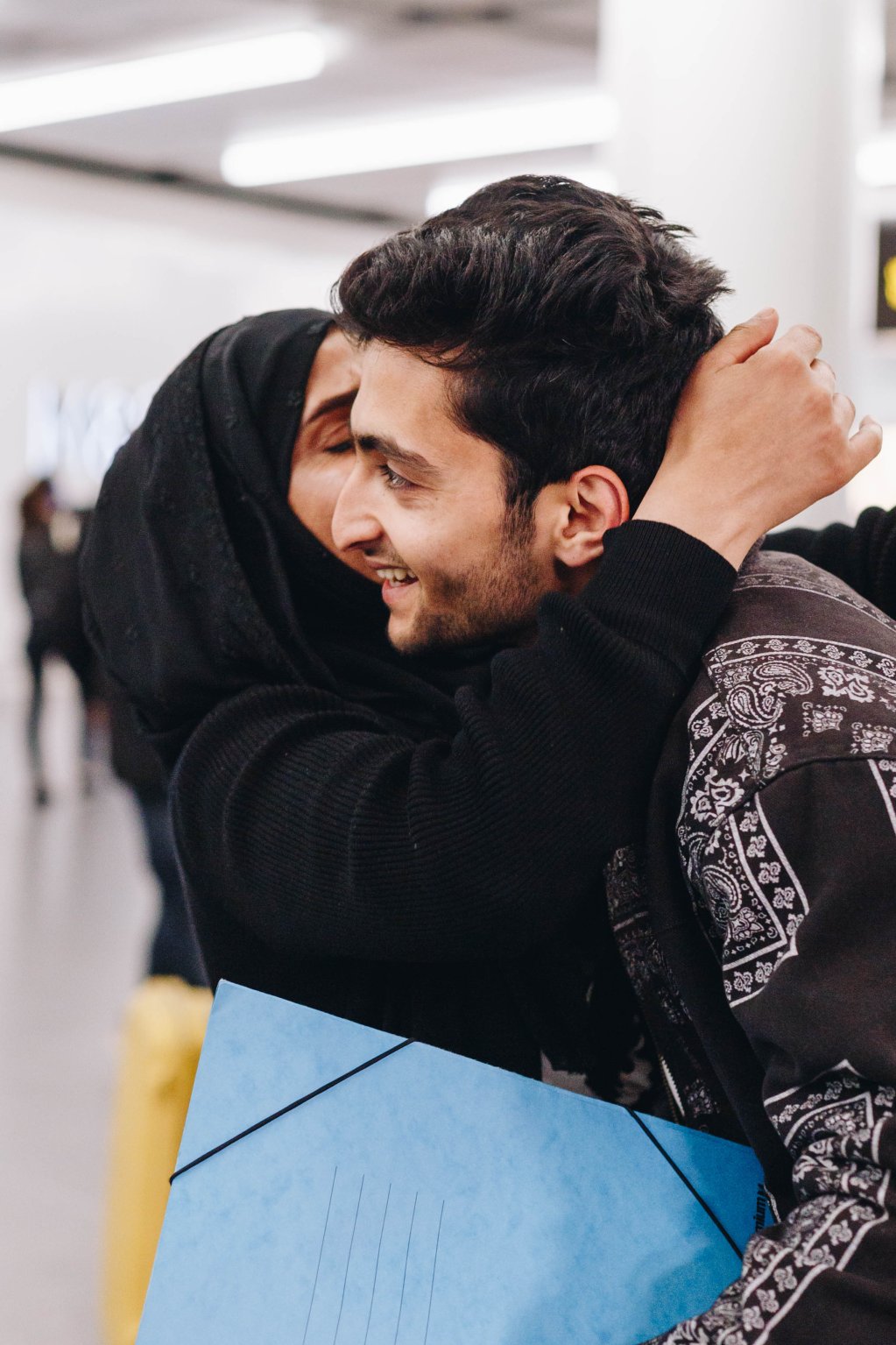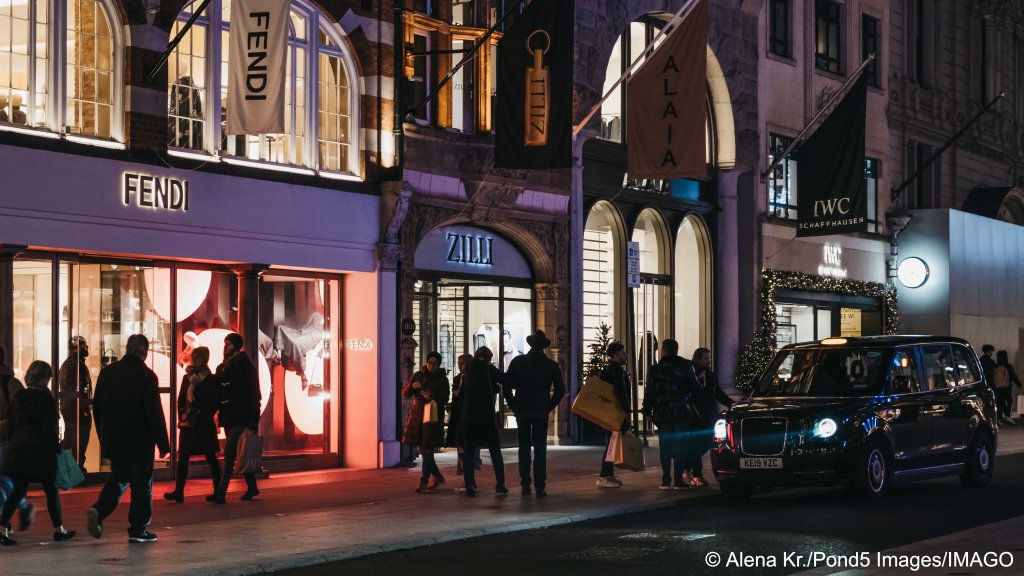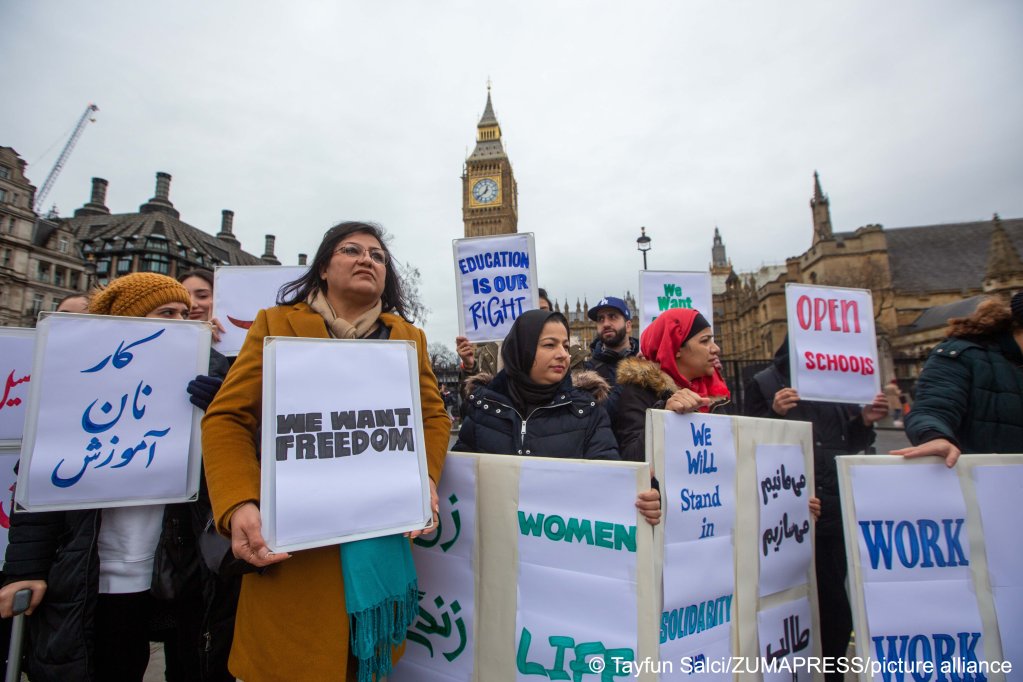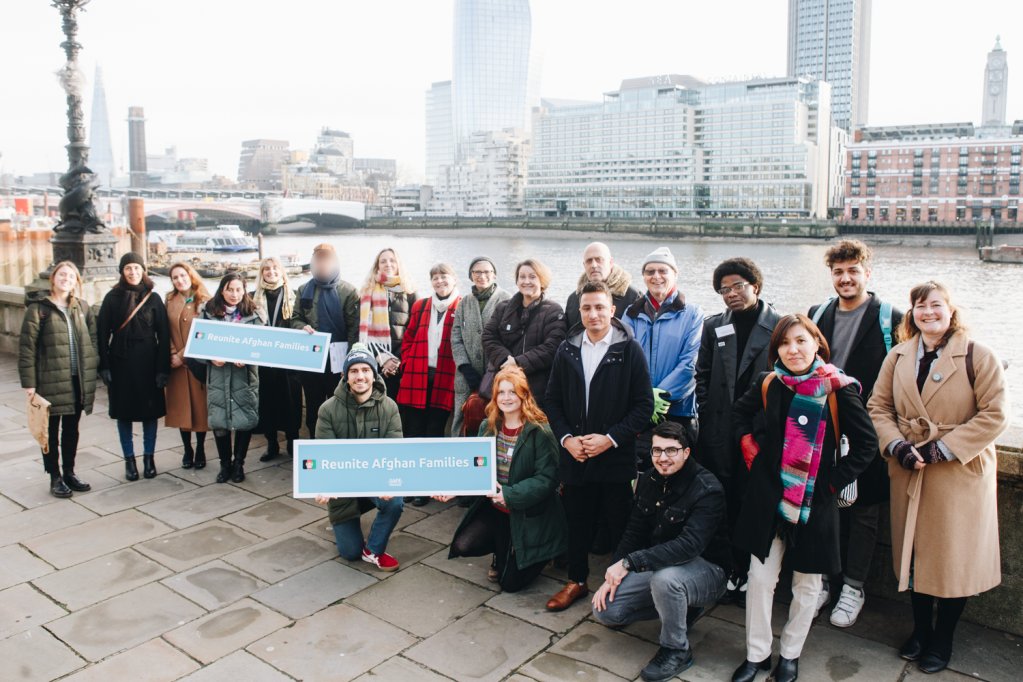Leading charities in the UK warned recently that the family reunion system is "broken" and is leading to a rise in dangerous Channel crossings. In the last year, more than 2,700 unaccompanied minors crossed the Channel.
Khaled* his wife and four of his children were resettled to the UK from Jordan after fleeing the war in Syria. However, Khaled’s eldest son had already left Syria before the family was resettled. By the time he was 15, he had reached Europe and was living with his uncle in Germany. By the time Khaled and his family reached Britain, they had been separated from their eldest son for nine years.
Khaled’s son was suffering with mental health issues, and these issues worsened when he found out his mother was ill, states Safe Passage in a press release. "My son mentally was in a terrible state," Khaled told Safe Passage International.
Once in the UK, the family applied via the refugee family reunion system to bring their eldest son to join them. However, because Khaled’s son was now over 18, the process was not so simple. Safe Passage said the family waited "eight long months for a decision."
Between 2015 and 2019, refugee family reunion was the largest safe route into the UK. More than 29,000 people were granted visas via these schemes, 90 percent of whom were women and children, state Safe Passage International in their report "Families belong together," published May 13.

'Huge backlogs'
Since then, however, the family reunion scheme has built up "huge backlogs". In July 2023, the Independent newspaper obtained figures showing that more than 11,000 family reunion cases had waited more than six months for a decision, reports Safe Passage.
Safe Passage says that while the government has been working to address the general asylum backlogs, the family reunion cases have been ignored. According to the Independent Chief Inspector of Borders and Immigration (ICIBI) in 2023, "the Home Office has failed to give this area an appropriate level of attention and priority."
As well as the backlog itself, the gaps in policy mean that some groups are excluded from applying or qualifying, which has human consequences on the people waiting desperately to be reunited with their loved ones.
Some separated refugee children find it difficult to concentrate in school, become withdrawn and can lose interest in playing and even eating, observed the Refugee Council, which works with separated refugee children. Others are beginning to self-harm, says the charity. The Refugee Council says that the UK is an "outlier among other European states," because its policies make it harder for separated family members to rejoin their loved ones.
Also read: Are UK migration policies having the desired deterrent effects?
'I'm in London, come and get me'
Although Khaled’s son was no longer a child, he still wanted to be with his parents and siblings. Finally, Khaled got a call, but not from the authorities, it was his son: "I’m in London. Come and get me." Khaled’s son had decided, without telling his parents, that his only option to join the rest of his family was to take his chances on a small boat crossing the Channel. He had, says Safe Passage UK, "lost faith that his application would ever be processed."

Without a legal family reunion visa, Khaled’s son was forced to make an asylum application separately. Khaled told Safe Passage: "We did try the legal way to apply for family reunion. My son only applied for asylum the way that he applied because there was no other option because his mum wasn’t well."
Safe Passage’s report found that "family ties are a key reason that people risk their lives on dangerous journeys to reach the UK." One study found that around half of all those staying in the so-called 'Jungle' camps in Calais in 2015 and 2016 said they had family links in the UK.
Oxfam UK and the Refugee Council have also gathered evidence of people saying they turned to smugglers in order to reach their families when they were unable to access a legal pathway like family reunion.
Also read: What will the Rwanda act mean for Afghan asylum seekers?
'Losing faith'
At the time of writing, Khaled is still waiting for his son’s asylum application to be determined. Khaled is still hopeful that his son will receive asylum and can stay in the UK. But under current UK migration laws, Khaled’s son would be deemed to have arrived “illegally” and could be refused asylum. Khaled told Safe Passage: "I just want to have my son next to me for the rest of my life."
Khaled and his son are not the only people "losing faith" in the UK’s asylum and family reunion system. According to Safe Passage, more and more migrants, asylum seekers and refugees, including children, are traveling to the UK without the correct papers. Their journeys, say the charities Safe Passage and the UK’s Refugee Council, are leading to an increase in dangerous Channel crossings.
Last week, the latest UK Home Office (Interior Ministry) figures released on Thursday (May 23), showed that in one year, from March 2023 to March 2024, 2,762 unaccompanied children applied for asylum after having crossed the Channel in small boats.
Also read: Migrants crossing Channel register a new 'daily record'

Afghan nationals, largest group of unaccompanied minors crossing Channel
Afghan nationals made up the large majority of this group. Nationals from Iran, Sudan, Eritrea and Syria, made up most of the rest of those arriving unaccompanied. Some, but not all of these children, are seeking to join relatives or friends already in the UK.
The Chief Executive Officer at Safe Passage International, Dr Wanda Wyporska, said "Sadly it’s not surprising to see that so many Afghan children are having to take this dangerous journey alone. After all, Afghans resettled in the UK from evacuations when Kabul fell in 2021 are totally excluded from refugee family reunion."
Afghan parents in the UK, says Dr Wyporska, "have no way to bring their sons and daughters to join them here, leaving children to take dangerous journeys instead." Safe Passage is calling for more "safe routes to be opened for refugees" and for the British authorities to "fix" the family reunion rules, because they say "children’s lives depend on it."
Also read: UK asylum costs rocket, despite government promises
There are several other policy gaps too, think Safe Passage and the Refugee Council. They point out that "unaccompanied children outside of the UK are prevented from joining refugee aunts, uncles, grandparents and adult siblings, due to strict requirements," or because they are being asked to pay "unaffordable fees."
According to Dr Wyporska, if the British authorities really want to break the smuggler’s model, they should create safer passages for these kinds of people to the UK, so they wouldn’t feel forced to pay smugglers to get them to Britain.
Separated children don't have the right to bring family to join them
Separated children already in the UK also "do not have the right to bring their parents or siblings to join them in safety under the existing family reunion rules."
The charities say that in excluding Afghans resettled in the UK during Operation Pitting in August 2021, as the Taliban took over Kabul, the UK authorities have "broken promises" made to Afghans at that time.
Lastly, they also point out that even Ukrainians in the UK after the Russian invasion of their country in 2022 have "no options to sponsor any family members to join them in safety, including their own children."

The charities say that if the UK were to change its policy and tighten these gaps, they could help "around 1,000 additional people to reunite with loved ones every year, including over 300 separated children."
Also read: UK to gain access to EU intelligence on smuggling gangs
As the UK is now in the build-up to an election, very little policies will be made before the vote at the beginning of July. Nevertheless, whichever government might be in power from July, the charities hope that the decision-making processes can be seeded up, to make sure that no family waits longer than 12 weeks for a decision, which is in line with the government’s own service standard pledges.
They are also hoping that the immigration rules can be amended to allow refugee children in the UK to sponsor parents or siblings, and that the barriers might be removed that are stopping children joining refugee non-parent adults in the UK.
*Not his real name, changed by Safe Passage to protect his identity
